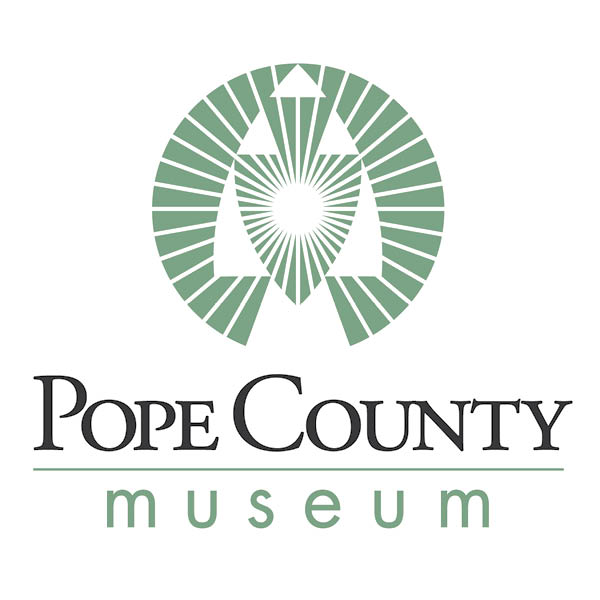From the farm to the stars
Published on February 26, 2024 at 11:57am CST
View From The Cab
By David Tollefson, Columnist
From the February 2024 issue of Successful Farming magazine comes an interesting story of a woman who grew up on an Iowa farm and became an astronaut. The subtitle of the above headline is “Lessons learned on her family’s Iowa farm helped Peggy Whitson become an astronaut and served her well in space.” Here it is, written by Lisa Foust Prater, Family and Farmstead Editor of Successful Farming:
Before Peggy Whitson became America’s most experienced astronaut- accumulating 675 days in space among her three NASA long-duration spaceflights and the Axiom mission 2- she was a farm girl near the town of Beaconsfield in southwest Iowa.
From an early age, Whitson saw her parents put in more than full-time hours on the family farm. “That work ethic is something I really admired, and I tried to follow in their footsteps, having that kind of determination and drive to stick to it and get the job done,” she says. “That farmer mind-set was ingrained in me from a very early age and was a very important part of my success.”
Whitson’s dreams of becoming an astronaut began as a child when she saw the first moon landing on television in 1969. “I had no idea how to [become an astronaut], and of course there were no women, so I didn’t really tell anybody, but that’s what I was interested in doing,” she says.
The following year, her father got his pilot’s license and Whitson took her first airplane ride. “Then I wanted to learn how to fly,” she says. To earn enough money to become licensed, she went into business raising chickens with a little help from her mother. “She would buy the baby chicks and I would raise them and sell two-thirds of them, and she would freeze the other third,” she says. She also got a heifer and would sell its calves. “It took a lot of years selling chickens and calves to earn enough money, but I did it.”
Whitson was also involved in 4-H as a member of the Beaconsfield Bomberettes club. Her projects included home furnishings, sewing, and baking, and she was selected to present two of her speeches at the Iowa State Fair. “One was on how you dry flowers, and the other was on how to make dinner rolls all different kinds of ways,” she says. “I remember the title of that one was called, ‘Riot of Rolls.’”
Whitson says skills she honed in 4-H, such as communication and teamwork, have been useful in her adult life and career. “The public speaking was really important,” she says. “I was a very shy person, and being able to get up and present something and do well enough to actually get the opportunity to go to the state fair was pretty special to me and gave me a lot more confidence.”
After graduating from Mt. Ayr High School- where a sign in front of the building proudly names her as one of their own and one of her NASA flight suits is exhibited outside the auditorium- Whitson earned degrees in biology and chemistry from Iowa Wesleyan and a doctoral degree in biochemistry from Rice University.
She makes it back to Iowa as often as she can, where her brother does the farming today, including some on land owned by Whitson herself. “I love going home,” she says. “I love it in the spring because of the calves, in the summer because of all the green, and in the fall for the harvesting season.”
Taking Farm Lessons to Space
In addition to work ethic, Whitson carries practical lessons from the farm with her. “After my first spacewalk, I wrote a letter home and talked about using wire ties and how much it reminded me of being on the farm,” she says. “My dad always said, ‘You can fix almost anything with wire and pliers.’”
During her first flight in 2002, Whitson was growing soybeans in space while her father was growing them back home on the farm in Iowa. “I only had around eight plants, and of course he had acres and acres, but I would tell him how many seedpods I had on my beans,” she says. “That was fun.”
Message to Farm Kids
Whitson wants to encourage today’s farm kids to follow their dreams. “I grew up on a farm and I had a dream of doing some thing that I didn’t have any idea how to do, how to go about it, how to accomplish it,” she says. It would require plenty of persistence, determination and grit.”
“I didn’t become an astronaut just because I wanted to do it. It took 10 years of applying and rejections and hard work, and I learned a lot along the way,” she says. “It’s really important that you know your path isn’t always a straight line to your goal, and that you have to work to achieve that goal. That also means you might fail now and then because you’ll push your limits. Try and do more than you think you can because you’ll surprise yourself with how much you are really capable of.”
Those failures become important lessons, Whitson says, and they make you better. “I truly believe that I achieved many things like becoming the first female commander of the International Space Station or the first female chief of the Astronaut Office because of those 10 years of rejection,” she says. “They prepared me to be better at those jobs and more qualified to do those jobs. It was really important that I had those experiences and faced those challenges and learned from them.”
She also says it’s OK if young people don’t have their whole lives figured out. “I think it’s important to expose yourself to as many different avenues out there as possible, because you might not know what your dream is,” she says. “It’s important to look out there and see what’s going on.”
After retiring from NASA in 2018, Whitson joined Axiom Space, where she was named commander of the second all-private astronaut mission to the ISS (International Space Station), adding 10 more days to her ISS log. She currently serves as Axiom Space’s director of human spaceflight.
* * * * * * * * * * * * *
Please contact David Tollefson with thoughts or comments on this or future columns at: adtollef@hcinet.net




